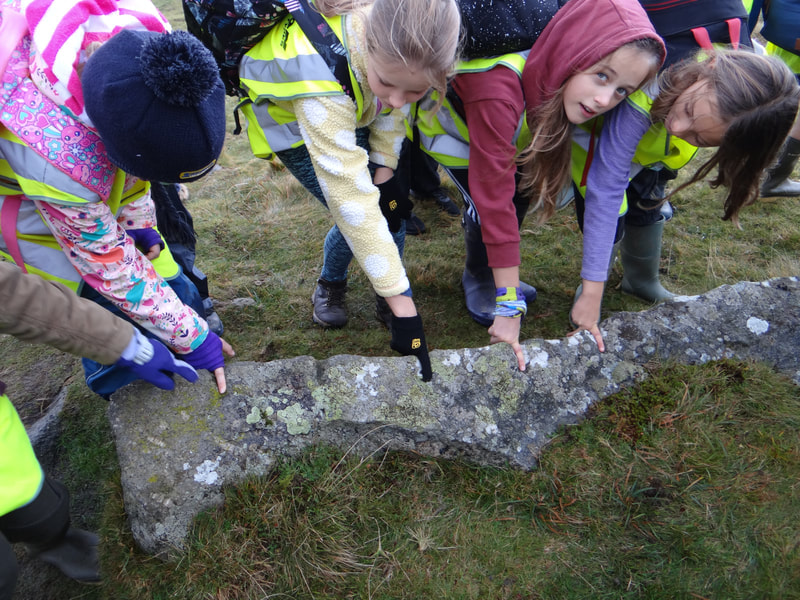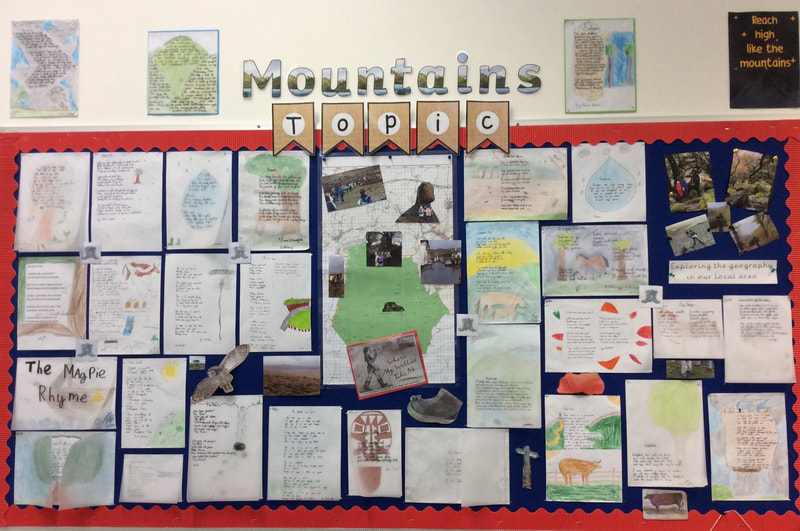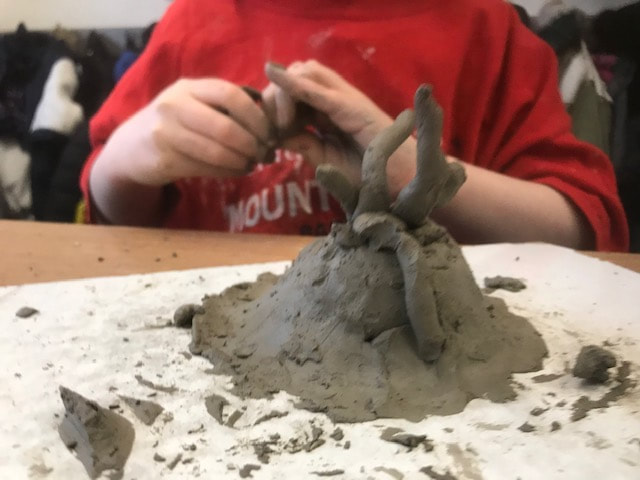INTENTWe believe that Geography helps to provoke and provide answers to questions about the natural and human aspects of the world. Children are encouraged to develop a greater understanding and knowledge of the world, as well as their place in it. The geography curriculum in our school enables children to develop knowledge and skills that are transferable to other curriculum areas and which can and are used to promote their spiritual, moral, social and cultural development. We want our children to move onto their secondary school with a solid understanding of what the learning of ‘geography’ entails, having had the same quality teaching as their peers across the academy.
Geography is, by nature, an investigative subject, which develops and understanding of concepts, knowledge and skills. We seek to inspire in children a curiosity and fascination about the world and its people which will remain with them for the rest of their lives; to promote the children’s interest and understanding of diverse places, people, resources and natural and human environments, together with a deep understanding of the Earth’s key physical and human processes. The curriculum is designed develop knowledge and skills that are progressive, as well as transferable, throughout their time at our school and also to their further education and beyond.
AIMS
The national curriculum for geography aims to ensure that all pupils:
- develop contextual knowledge of the location of globally significant places – both terrestrial and marine – including their defining physical and human characteristics and how these provide a geographical context for understanding the actions of processes
- understand the processes that give rise to key physical and human geographical features of the world, how these are interdependent and how they bring about spatial variation and change over time
- are competent in the geographical skills needed to:
- collect, analyse and communicate with a range of data gathered through experiences of fieldwork that deepen their understanding of geographical processes
- interpret a range of sources of geographical information, including maps, diagrams, globes, aerial photographs and Geographical Information Systems (GIS)
- communicate geographical information in a variety of ways, including through maps, numerical and quantitative skills and writing at length
Implementation
Geography is taught through a sequenced, knowledge-rich curriculum across the school. Topics are taught throughout the year, so that children can achieve depth in their learning. Consideration has been given to ensure progression across topics throughout each year group across the school. At the beginning of each topic, children are able to discuss prior knowledge of the topic as well as what they would like to find out through an elicitation discussion. This is used alongside a knowledge organiser for the topic to help inform the teacher and ensures that lessons are relevant and take account of children’s different starting points.
Consideration is given to how greater depth will be taught, learnt and demonstrated within each lesson, as well as how learners will be supported in line with the school’s commitment to inclusion.
Cross curricular outcomes in geography are specifically planned for and the local area is fully utilised to achieve the desired outcomes, with extensive opportunities for learning outside the classroom embedded in practice.
Geography is taught through a sequenced, knowledge-rich curriculum across the school. Topics are taught throughout the year, so that children can achieve depth in their learning. Consideration has been given to ensure progression across topics throughout each year group across the school. At the beginning of each topic, children are able to discuss prior knowledge of the topic as well as what they would like to find out through an elicitation discussion. This is used alongside a knowledge organiser for the topic to help inform the teacher and ensures that lessons are relevant and take account of children’s different starting points.
Consideration is given to how greater depth will be taught, learnt and demonstrated within each lesson, as well as how learners will be supported in line with the school’s commitment to inclusion.
Cross curricular outcomes in geography are specifically planned for and the local area is fully utilised to achieve the desired outcomes, with extensive opportunities for learning outside the classroom embedded in practice.
Autumn |
Spring |
Summer |
|
Year 1 |
Where I Live |
Hot and Cold Places |
Oceans and Seas |
Year 2 |
Countries of the Uk |
Seven Continents |
Uk and Uganda |
Year 3 |
Mountains, Volcanoes and Earthquakes |
Weather, Water and Climate |
Villages, Cities and Towns |
Year 4 |
Rivers |
Migration |
Natural Resources |
Year 5 |
Slums |
Biomes |
Energy/Sustainability Young Entrepreneurs |
Year 6 |
Globalisation |
Population |
Fieldwork |
Impact
Outcomes in topic booklets and literacy books, evidence a broad and balanced geography curriculum and demonstrate children’s acquisition of identified key knowledge. Children review their successes in achieving the lesson objectives at the end of every session and are actively encouraged to reflect upon previous terms learning. Children also record what they have learned comparative to their starting points at the end of every topic – through end of unit assessment tasks.
As children progress throughout the school, they develop a deep knowledge, understanding an appreciation of their local area and its place within the wider geographical context. Where possible, children are offered opportunities to learn about careers related to geography from members of the local and wider community with specialist skills and knowledge, ensuring that they are well prepared for the next steps of their education.
Outcomes in topic booklets and literacy books, evidence a broad and balanced geography curriculum and demonstrate children’s acquisition of identified key knowledge. Children review their successes in achieving the lesson objectives at the end of every session and are actively encouraged to reflect upon previous terms learning. Children also record what they have learned comparative to their starting points at the end of every topic – through end of unit assessment tasks.
As children progress throughout the school, they develop a deep knowledge, understanding an appreciation of their local area and its place within the wider geographical context. Where possible, children are offered opportunities to learn about careers related to geography from members of the local and wider community with specialist skills and knowledge, ensuring that they are well prepared for the next steps of their education.
Click here to view our geography curriculum progression.





